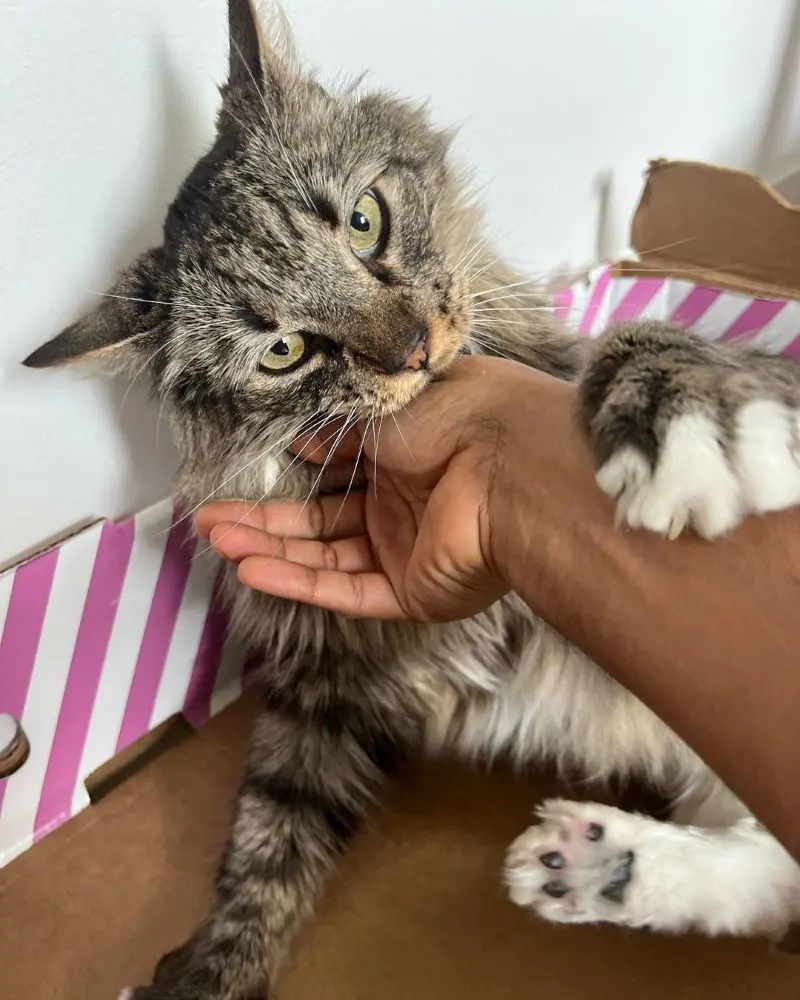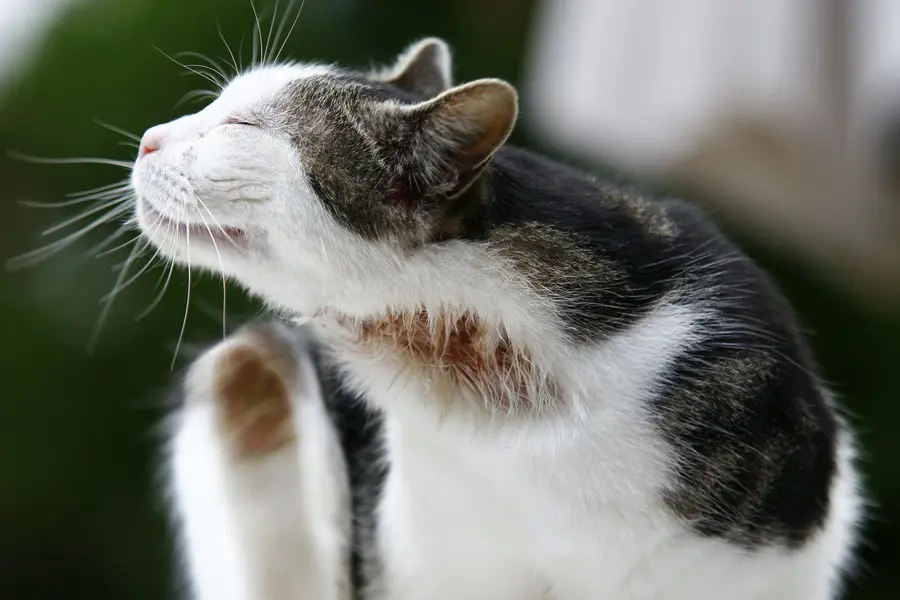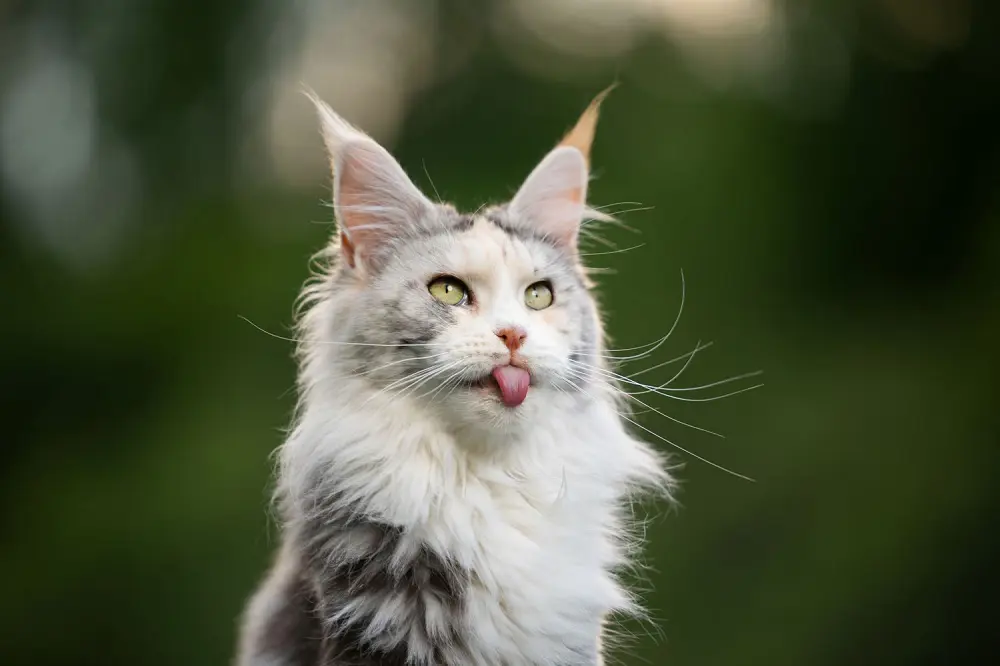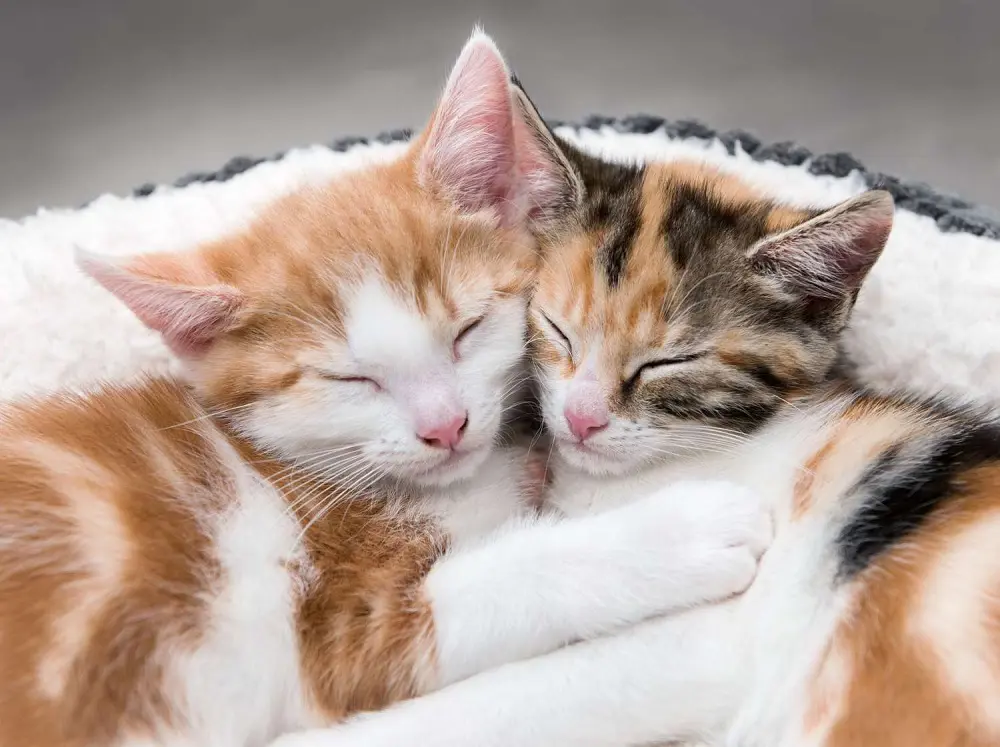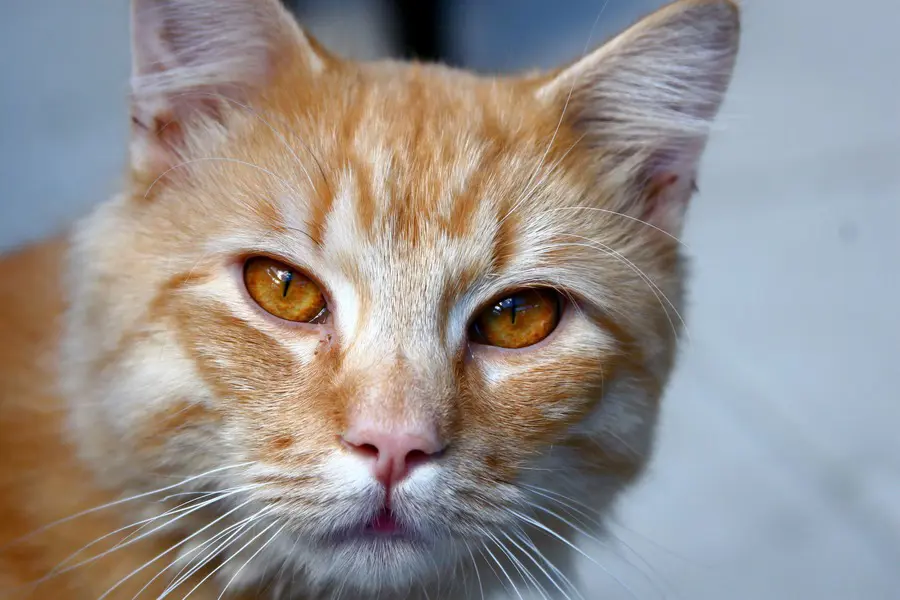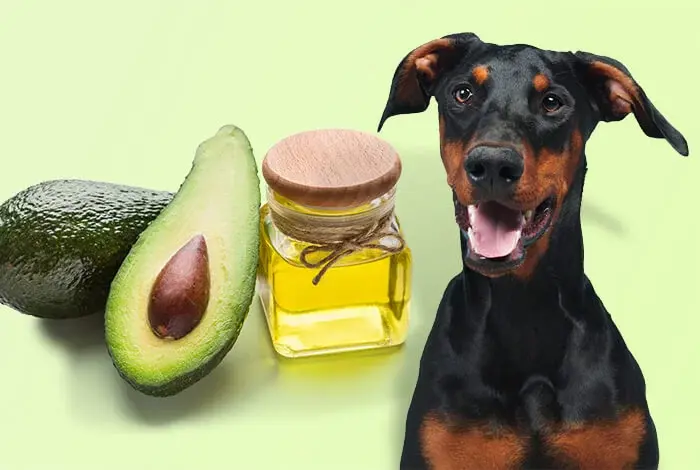Bad Breath In Cats: Possible Causes And Home Remedies
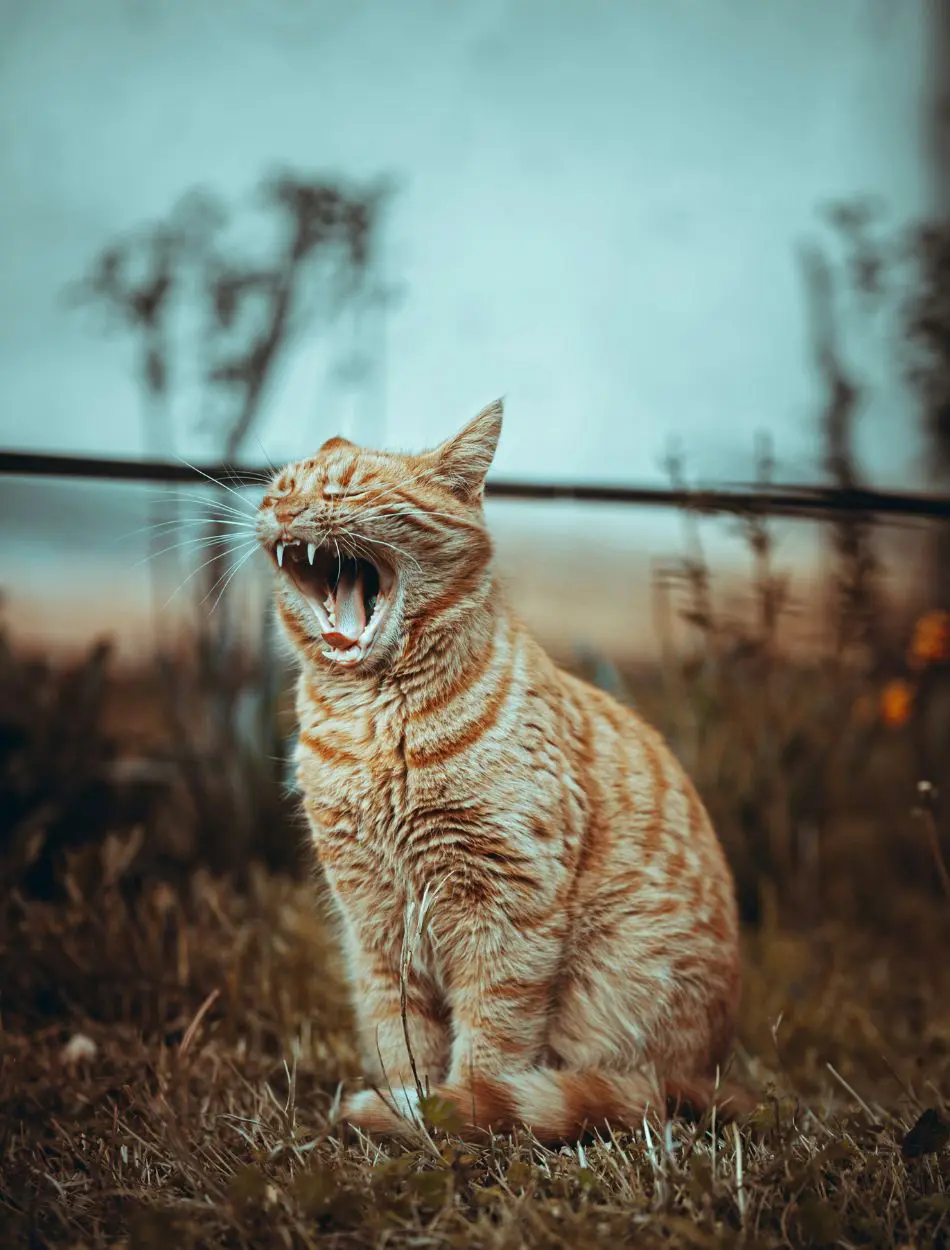
Bad breath in cats is more than just a minor inconvenience. While many cat owners brush aside bad breath as a natural part of their cat's biology, it regularly indicates an underlying health difficulty that desires attention.
If you’ve found that your cat’s breath has a bad smell, it’s vital to recognize what is probably causing it and what you could do to help your cat pal.
Common Causes of Bad Breath in Cats
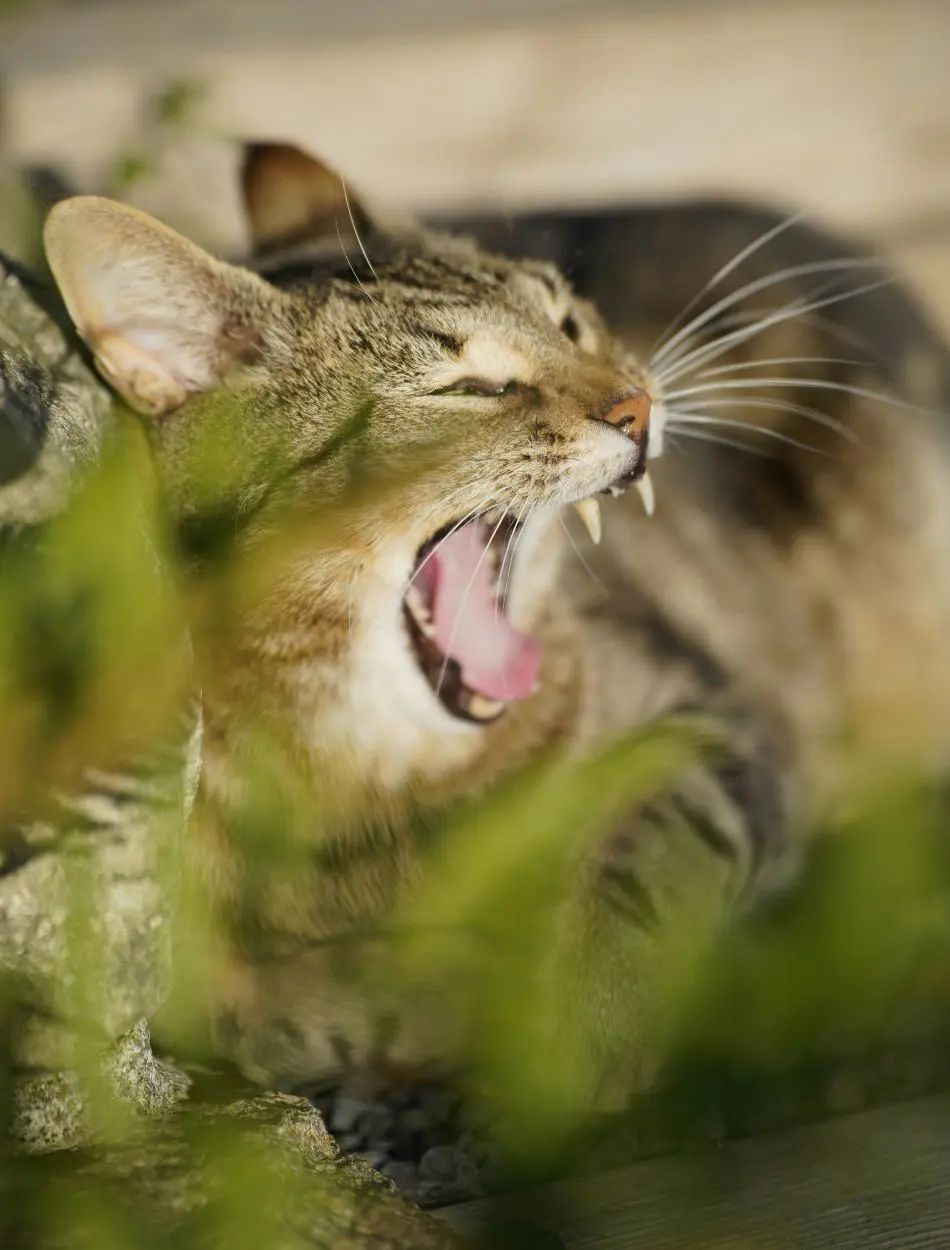
Dental Disease
It is one of the primary causes of bad breath in cats. Plaque buildup, due to bacteria, can result in infection of the gums and, if untreated, it'll become a complete-blown dental disease. The situation influences the gums but can also motivate tooth loss and contamination, contributing to the terrible smell.
Symptoms of dental sickness may embody trouble with eating, drooling, and pawing within the mouth.
Oral Infections
Cats can develop infections in their mouths due to accidents, abscesses, or oral trauma. These infections produce bacteria that contribute to awful breath. If your cat has lately been in a fight or chewed on something difficult, there may be damage that has developed right into an extra extreme difficulty.
Common oral infections include stomatitis, a painful situation wherein the smooth tissues in a cat's mouth turn out to be inflamed, and tooth root abscesses, which arise when microorganisms infect the roots of enamel.
These infections are no longer the handiest-making contributions to halitosis but can also motivate different signs and symptoms like drooling, problem-consuming, and swelling throughout the face and jaw.
Kidney Disease
This is another cause of terrible breath in cats. Cats with this sickness may additionally expand breath that smells like ammonia or urine due to the kidney's inability to filter out toxins properly from the blood. This is a critical fitness concern and requires immediate veterinary attention.
Diabetes
Cats with uncontrolled diabetes will have a fruity or sweet-smelling breath. While this might sound pleasant, it’s a cautious sign of diabetic ketoacidosis, an existence-threatening situation that requires pressing medical care.
In addition to bad breath, other signs and symptoms of diabetes in cats encompass expanded thirst, common urination, weight loss, and lethargy. If left untreated, DKA is a life-threatening circumstance that calls for immediate veterinary care.
Liver Disease
Liver disease can also cause awful breath, observed via different signs like vomiting, yellowing of the eyes or gums, and weight loss. This form of awful breath often has a specifically rancid scent.
Dietary Habits
Sometimes, what your cat eats can cause temporary bad breath. Cats that hunt small animals or eat human food scraps may develop unpleasant breath, especially if these foods are rich in fats or proteins.
Some commercial cat foods, particularly wet food, can contribute to plaque buildup, which exacerbates bad breath. Cats that consume human food scraps, especially from fatty or processed foods, are also prone to developing unpleasant odors in their mouths.
Signs That Accompany Bad Breath
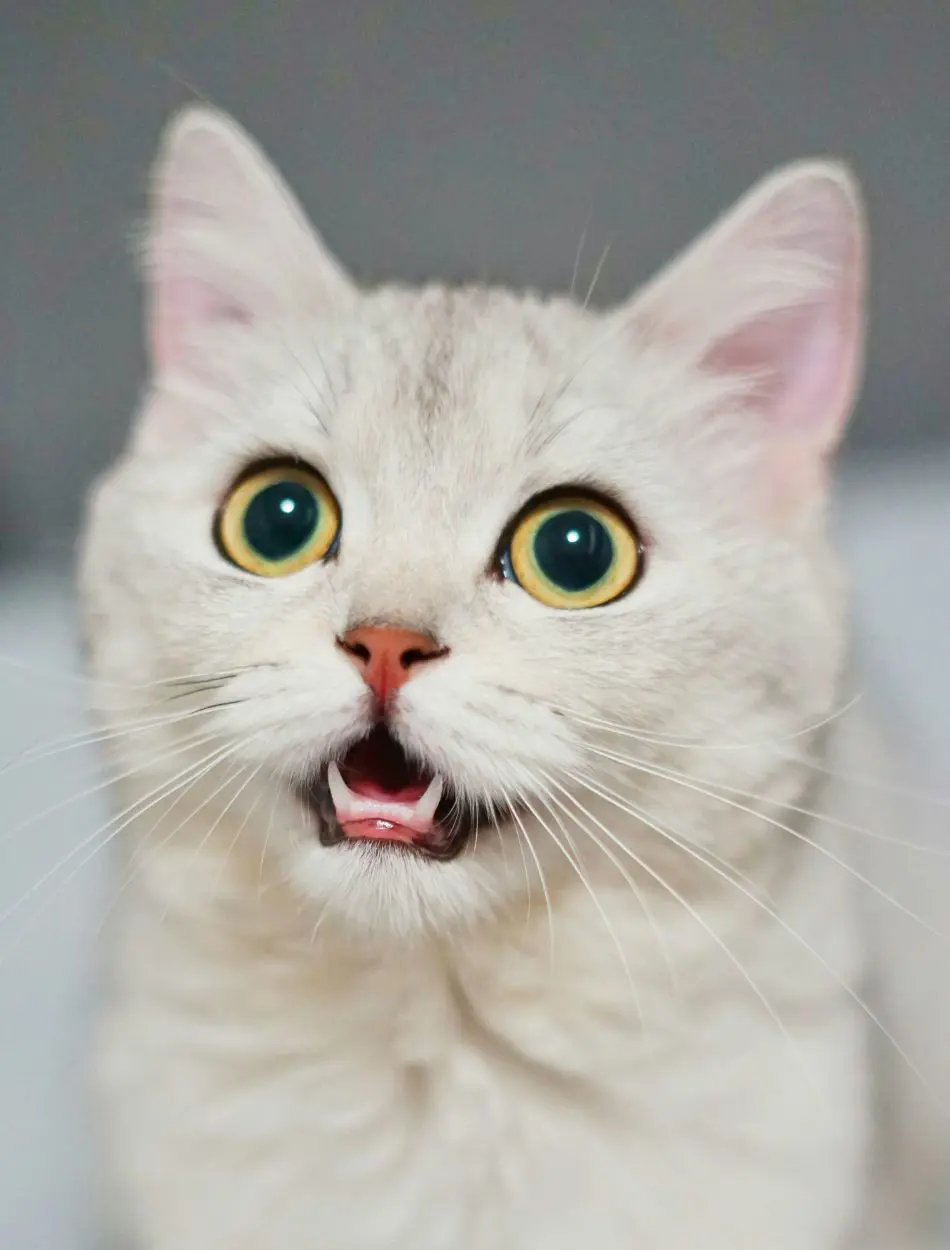
While bad breath can be troubling on its own, it frequently comes alongside other signs that indicate greater severe difficulty. One uncommon symptom is immoderate cat drooling, which may additionally cause oral aches or dental ailments. In some instances, the drool might also have a bad scent or be tinged with blood, particularly if there's an infection or gum irritation.
Another signal is pawing on the mouth. This behavior often suggests inflammation or ache, potentially from dental trouble, oral contamination, or even an overseas item lodged between the enamel. Cats can also experience weight reduction if they avoid food because of oral aches or discomfort.
Additionally, bad breath accompanied by the aid of signs and symptoms like vomiting, lethargy, or yellowing of the eyes or gums may suggest extra severe systemic conditions like liver or kidney disease.
Diagnosing the Problem
If you notice bad breath in your cat, going to the veterinarian is critical. The vet will in all likelihood carry out a radical oral examination and can suggest additional assessments, at the side of bloodwork or X-rays, to diagnose the underlying situation. Regular dental care takes a look at-usaprevent and treat many causes of bad breath.
Treatment and Prevention
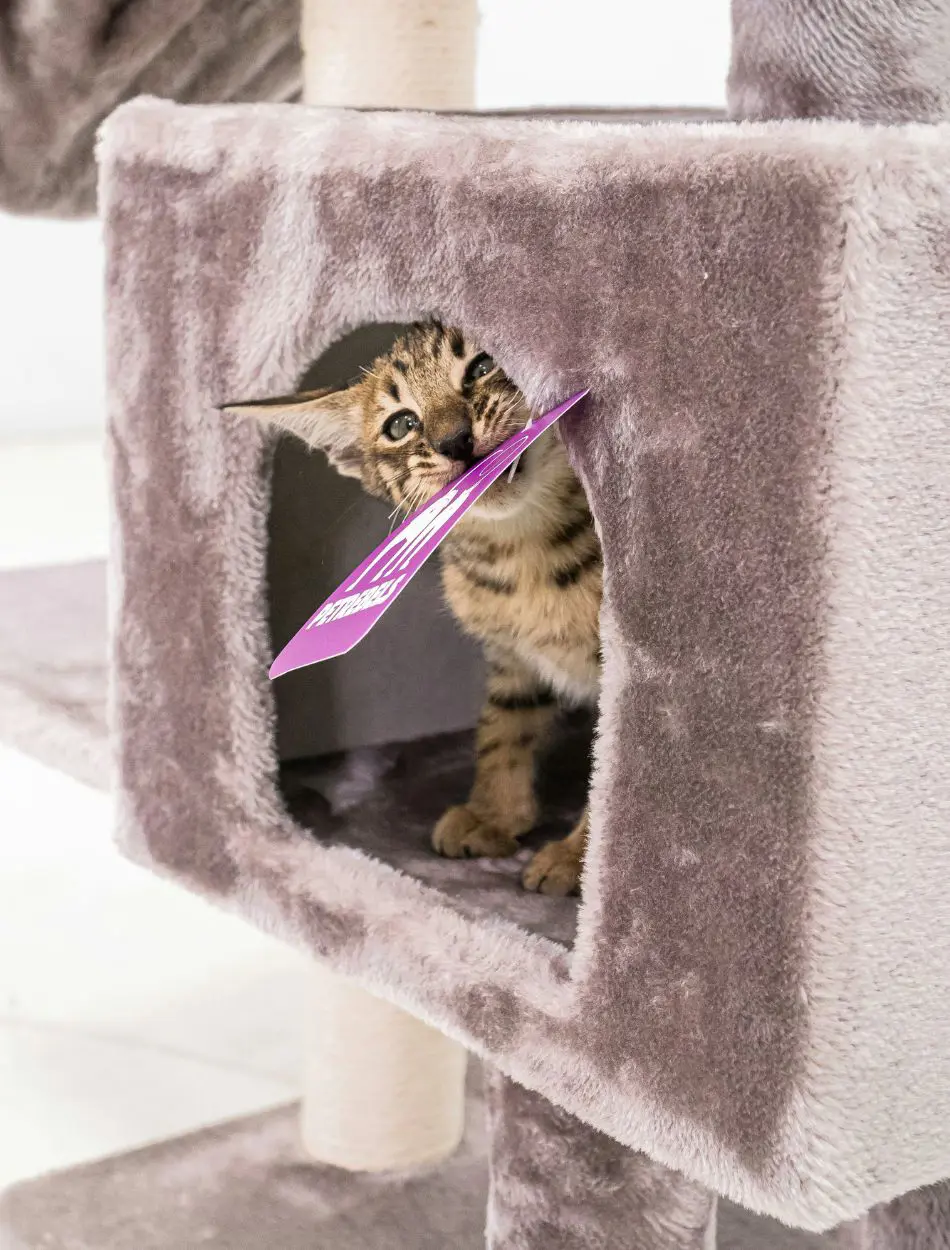
Dental Care
If periodontal disease is the perpetrator, expert dental cleaning is necessary. The vet may propose enamel extractions for severe cases. At home, you may help by using brushing your cat’s teeth with a vet-authorized feline toothbrush and toothpaste.
For greater severe cases of awful breath connected to dental disease, professional cleansing through a veterinarian is frequently necessary. During this cleaning, the vet will do away with tartar, smooth beneath the gum line, and deal with any current infections or troubles which include tooth decay or abscesses.
Addressing Underlying Health Issues
For systemic situations like kidney illnesses, diabetes, or liver issues, treating the underlying illness is essential. Your vet will provide a remedy plan, which also can encompass medicines, weight-reduction plan changes, and other treatment options.
Promote Oral Hygiene
Regular brushing is the most effective way to save your dental disorder. Some cats may also benefit from dental treats or water components designed to lessen plaque and tartar.
In addition to brushing, supplying dental chews and treats can assist smooth teeth. These products are in particular designed to reduce plaque and tartar, each of which contributes to terrible breath. Water additives also can resource in retaining oral hygiene by neutralizing bacteria in the mouth and maintaining the breath more energizing.
Dietary Adjustments
Feed your cat a balanced diet advocated by your veterinarian, and keep away from giving them table scraps or meals that may lead to awful breath.
Home Remedies For Bad Breath In Cats
If your cat’s breath has taken a flip for the worse, it may be unsettling, but there are several home treatments you can try to deal with mild times of bad breath.
These treatments can assist in manipulating the scent and guide your cat’s ordinary oral health. However, it’s crucial to note that continual bad breath has to be evaluated by way of a veterinarian to rule out underlying fitness issues.
Regular Brushing
Brushing your cat’s tooth is one of the most effective approaches to combating terrible breath. Use a mild-bristled toothbrush and cat-precise toothpaste.
Human toothpaste must never be used because it includes components that might be poisonous to cats. Start gradually and be mild, permitting your cat to adjust to the method.
Dental Treats and Chews
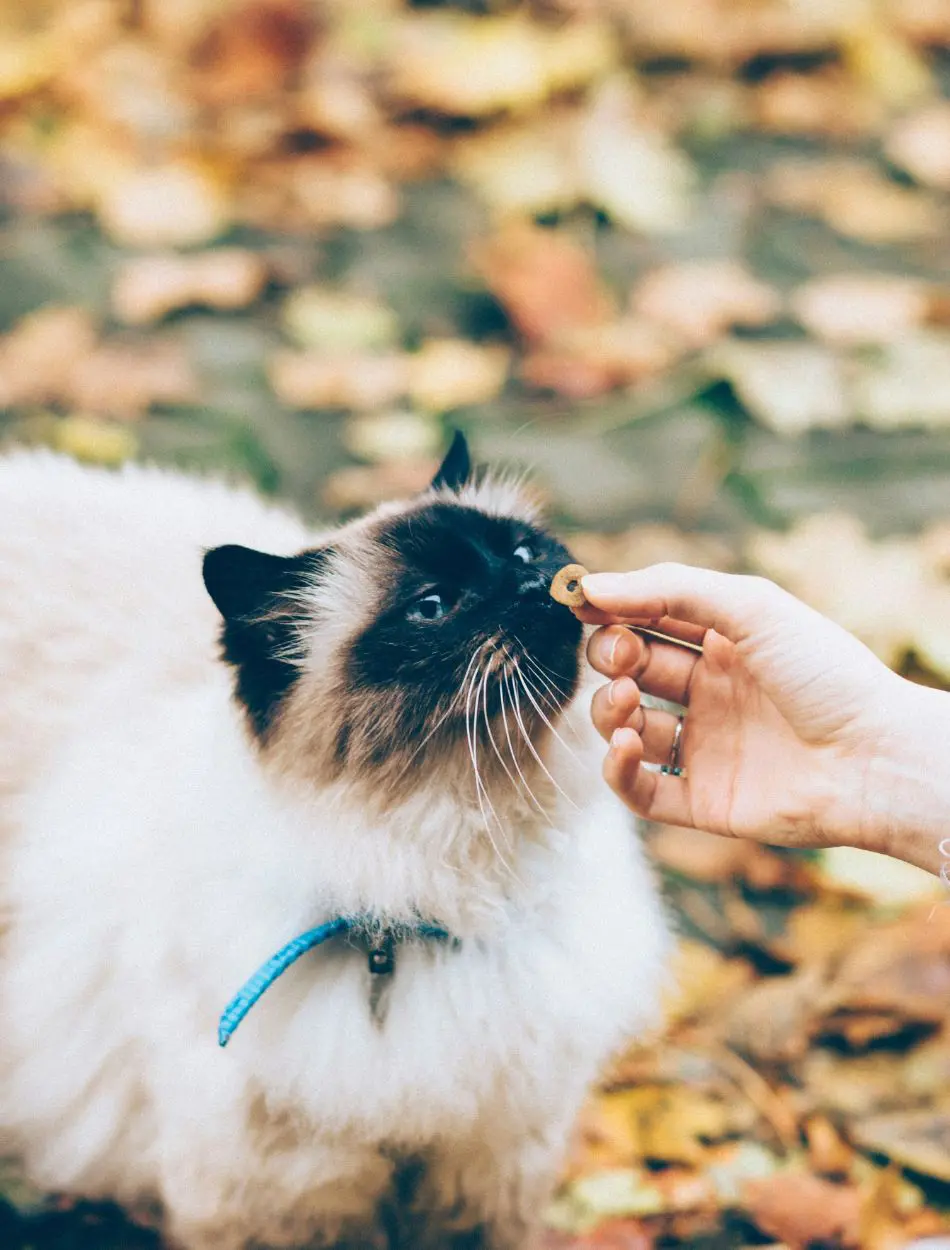
There are numerous dental chews and treats designed specifically to reduce plaque and freshen a cat's breath. These treats regularly incorporate materials that help in breaking down tartar and promote oral hygiene.
Be certain to select merchandise that is accredited by your veterinarian.
Coconut Oil
Coconut oil is known for its antimicrobial residences, which may additionally help in decreasing bacteria inside the mouth that inspire bad breath.
You can rub a small amount in your cat’s teeth or mix a tiny amount into their meals (approximately 1/8 teaspoon for a medium-sized cat). However, consult your vet earlier than consisting of coconut oil on cat’s diet plan, as it's miles high in fats.
Apple Cider Vinegar
Apple cider vinegar has antibacterial properties that can help combat bad breath in cats. Add a small amount (no more than 1 teaspoon/quarter) to your cat’s water bowl to help neutralize the odor.
Make sure your cat maintains to drink water as typical, as some cats may be put off by the aid of the flavor.
Water Additives
There are water additives available that can be in particular formulated to help reduce bad breath in cats. These components contain enzymes that assist combat oral bacteria and improve breath over the years.
Add them to your cat's water bowl in step with the product's commands.
Parsley
Parsley is a natural breath freshener. You can attempt sprinkling a small amount of chopped parsley in your cat’s food. It’s not only safe but also can assist in neutralizing odors. However, make sure to use plain parsley without any delivered seasonings or other herbs.
Healthy Diet
A balanced healthy diet plan is essential in your cat’s health, which includes oral health. Wet food, specifically, can sometimes contribute to bad breath if particles stay stuck inside the enamel.
Switching to dental-friendly dry food or mixing in some dry kibble can help clean teeth as your cat chews.
Top Lists



